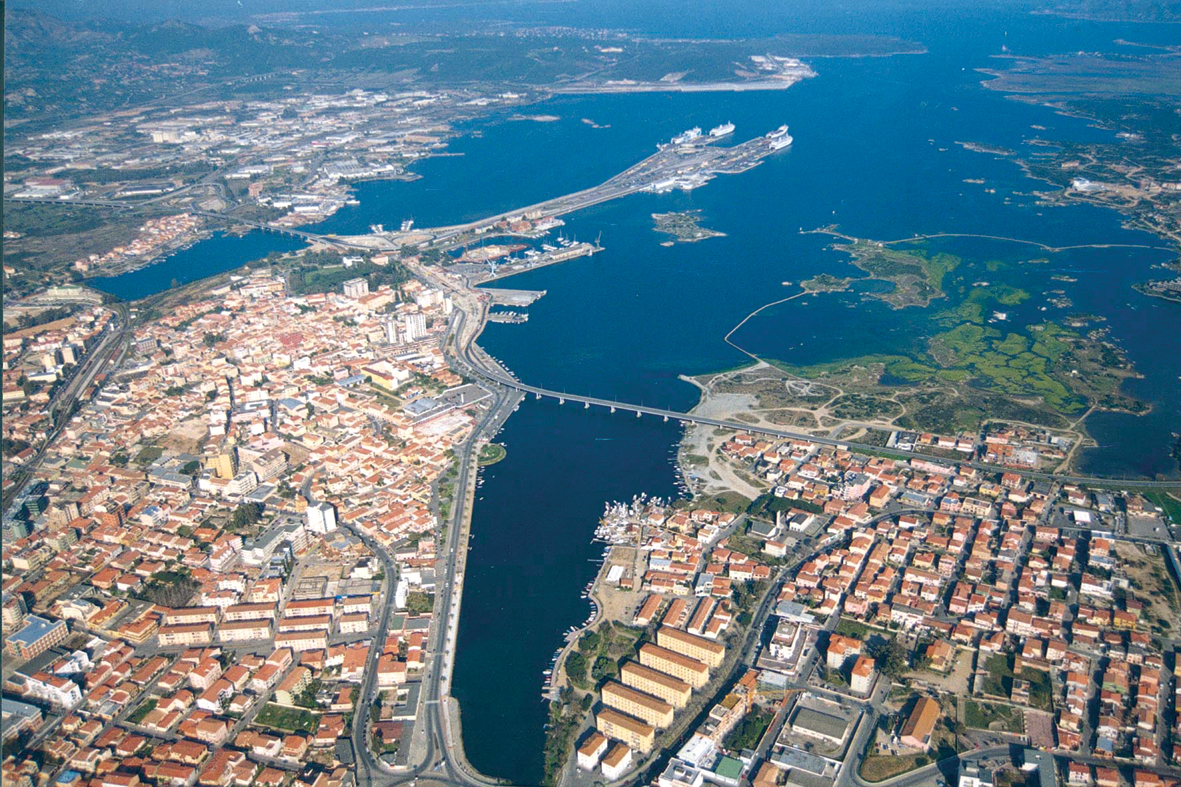
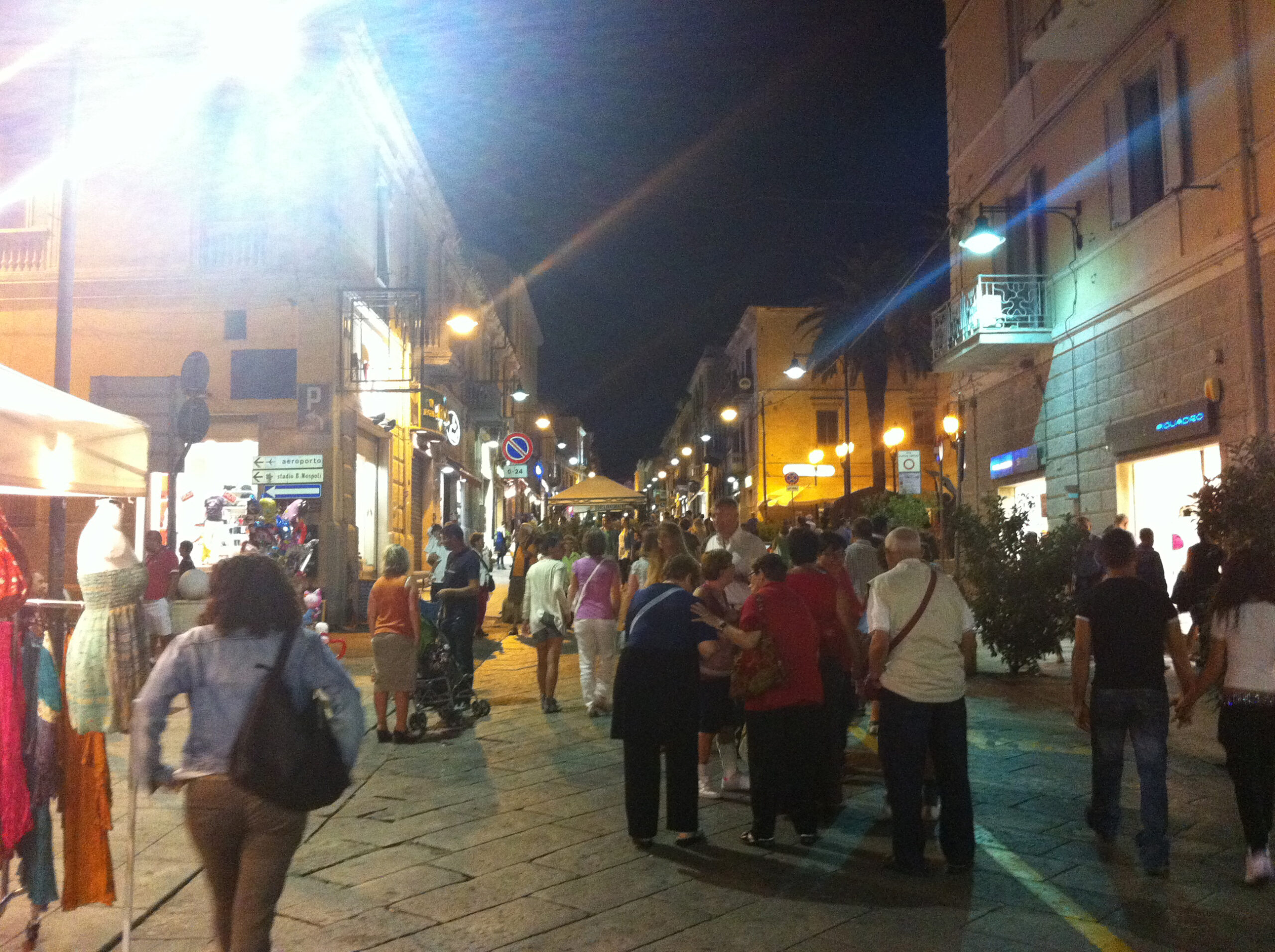
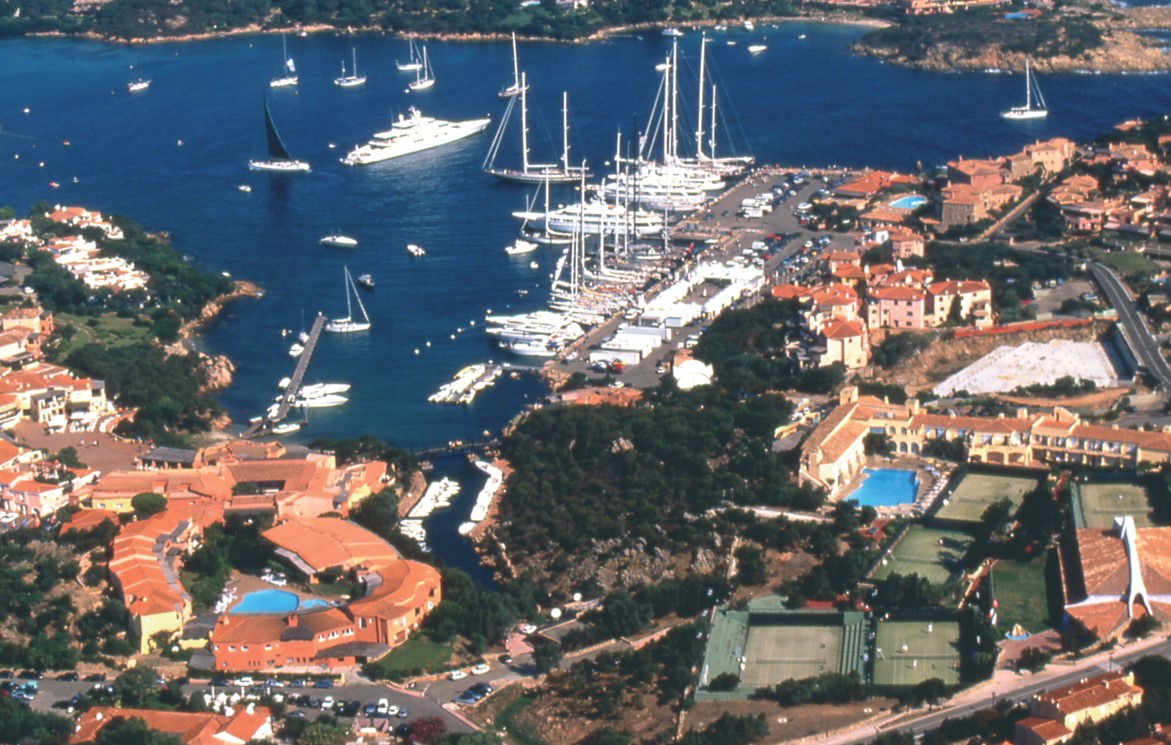
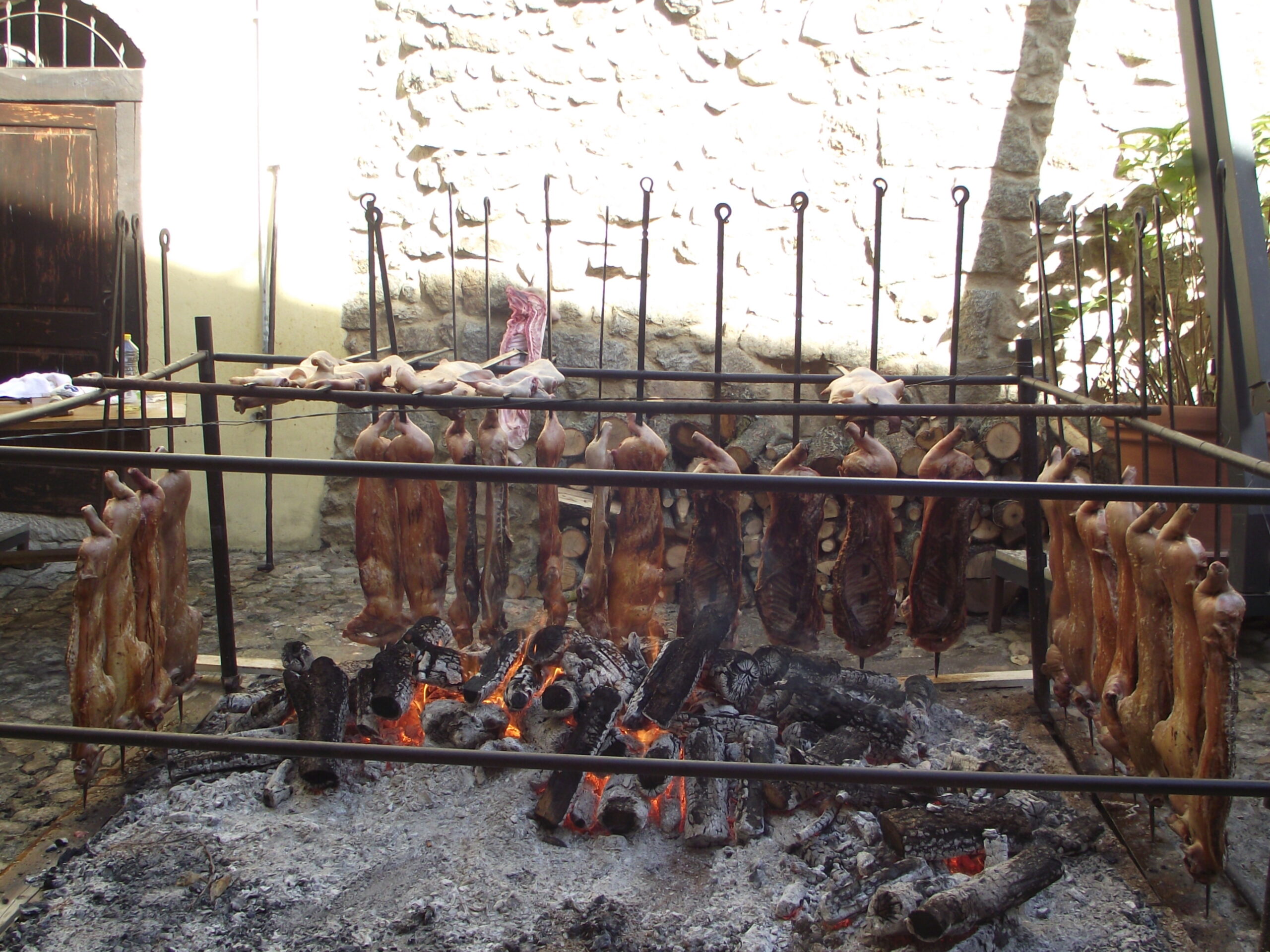
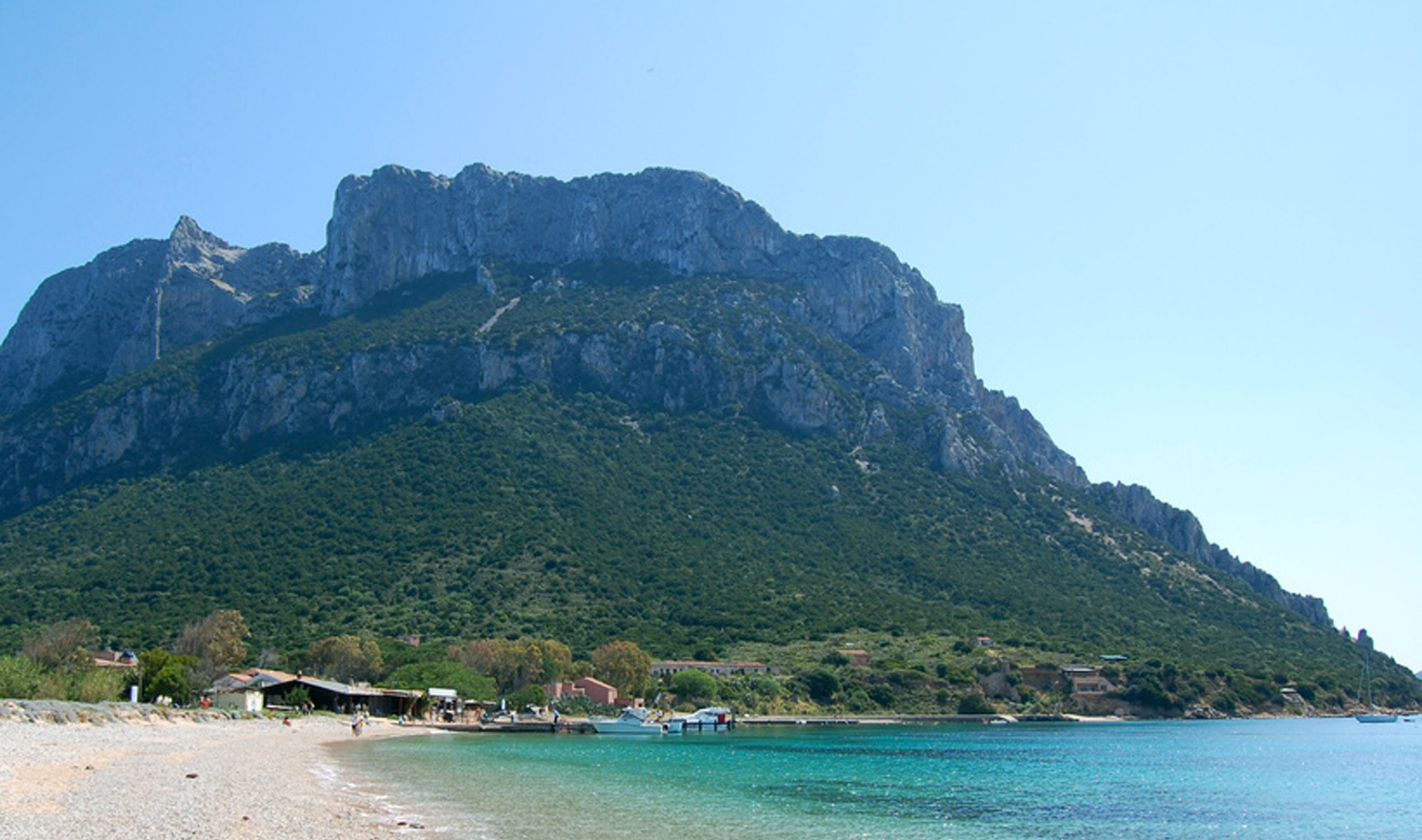

OLBIA è la porta della Sardegna, e gode di una splendida posizione naturale al centro dell’omonimo golfo. La città è dotata di importanti infrastrutture. Il porto è il primo in Italia per il traffico passeggeri, l’aeroporto, in particolare nel settore privato, d’estate ha numeri da record. Aspetti che non possono non essere legati alla Costa Smeralda, distante una ventina di chilometri e meta ambita del turismo internazionale. Un settore in continuo sviluppo che accompagna la crescita della città, oggi punto di riferimento per l’economia isolana. Ma non è il turismo la voce principale delle attività del territorio, quanto ciò che gli ruota intorno. Edilizia e servizi, in particolare, sono i settori trainanti, con la presenza di numerosi alberghi e ristoranti di elevato livello qualitativo. Certo, il turismo fa la sua parte e Porto Rotondo, una delle perle della Gallura, ne è l’esempio più evidente. Senza dimenticare le spiagge di Pittulongu e Murta Maria, e l’incantevole borgo di San Pantaleo. Olbia, da poco diventata provincia, ha un ruolo fondamentale nel commercio e nell’industria, settori nei quali è diventata un polo di attrazione per gli investimenti. Da alcuni anni, è stata aperta l’Università di Economia e Imprese del turismo, con sede all’aeroporto. Oggi la città conta circa 50 mila abitanti. Nel centro sorge la Basilica minore di San Simplicio, la chiesa più importante, nella quale ogni anno, il 15 maggio, si festeggia la ricorrenza del Santo con sfilate di Costumi in sardo e processione. Altra chiesa importante è la Basilica di San Paolo. Molti i siti di interesse archeologico. A pochi chilometri da Olbia, su un’altura, il Castello di Pedres vicino al quale si trovano due importanti monumenti risalenti all’età nuragica: la tomba dei giganti di Su Monte ’e S’abe e il nuraghe Casteddhu. Vale la pena di visitare il Pozzo Sacro di Cala Saccaia. Ma è tutta la città a testimoniare la sua lunghissima storia con i ritrovamenti di reperti di epoca punica e romana.

OLBIA is the gateway to Sardinia and enjoys a splendid natural position at the center of the homonymous gulf. The city is equipped with important infrastructure. The port is the busiest in Italy for passenger traffic, and the airport, especially in the private sector, sees record numbers in the summer. These factors are closely tied to the Costa Smeralda, located about twenty kilometers away, a sought-after destination for international tourism. This is a constantly growing sector that accompanies the city’s development, which is now a reference point for the island’s economy. However, tourism is not the main economic driver in the area; rather, it is what revolves around it. Construction and services, in particular, are the leading sectors, with numerous high-quality hotels and restaurants. Of course, tourism plays its part, and Porto Rotondo, one of the pearls of Gallura, is the most obvious example of this. Not to mention the beaches of Pittulongu and Murta Maria, and the enchanting village of San Pantaleo.Recently elevated to the status of province, Olbia plays a fundamental role in commerce and industry, sectors in which it has become a magnet for investment. In recent years, the University of Economics and Tourism Business has been established at the airport. Today, the city has about 50,000 inhabitants. In the city center stands the Basilica of San Simplicio, the most important church, where every year, on May 15th, the feast of the saint is celebrated with Sardinian costume parades and a procession. Another significant church is the Basilica of San Paolo. There are many archaeological sites of interest. A few kilometers from Olbia, on a hill, is the Pedres Castle, near which are two important monuments dating back to the Nuragic era: the Giants’ Tomb of Su Monte ’e S’abe and the Nuraghe Casteddhu. The Sacred Well of Cala Saccaia is also worth a visit. But the entire city bears witness to its long history, with discoveries of Punic and Roman artifacts. Lulamax is a family-run company specializing in vacation homes in Sardinia, founded by the entrepreneurial vision of Laura and Massimo, who recognized that there was an increasing demand for high-quality accommodations and services, particularly in the Agrustos area, to meet the diverse needs of a growing clientele. Today, their son Luca also works in the company, bringing with him a wave of technology, new and innovative ideas that are essential for the future of the business. Thanks to their passion for the work, professionalism, and exclusive know-how in the sector, Lulamax has become a point of reference for all those looking to enjoy a dream vacation.